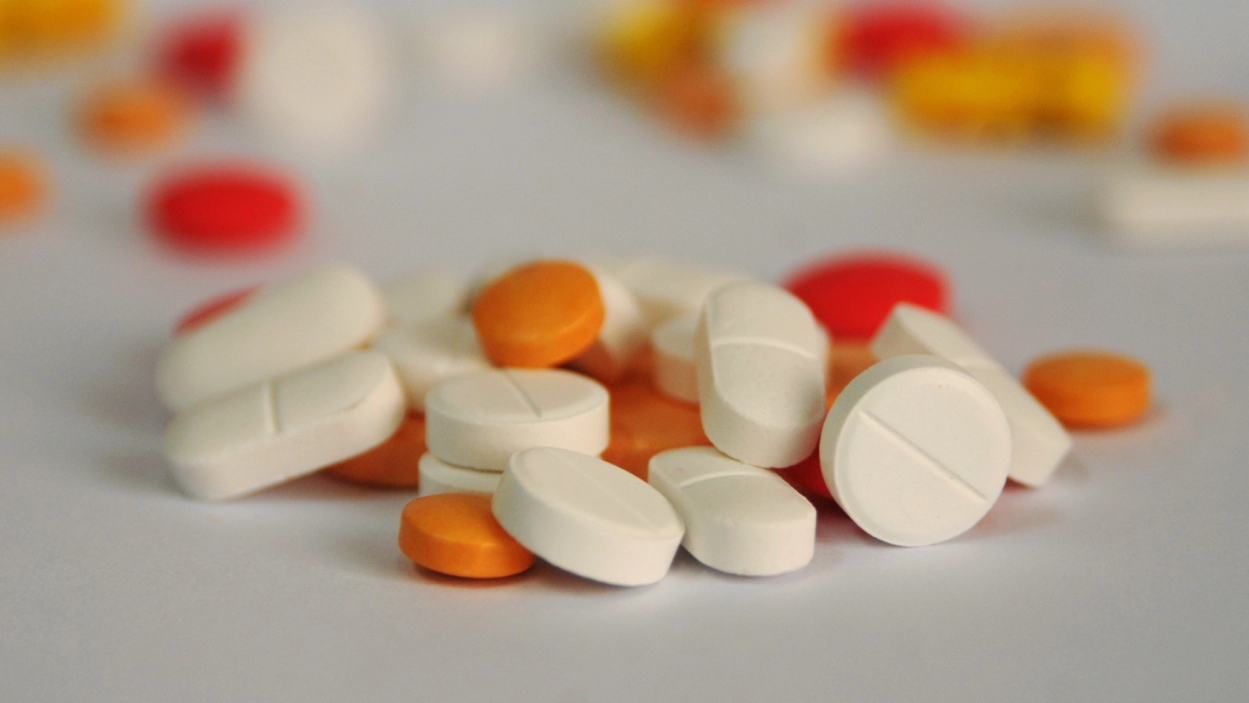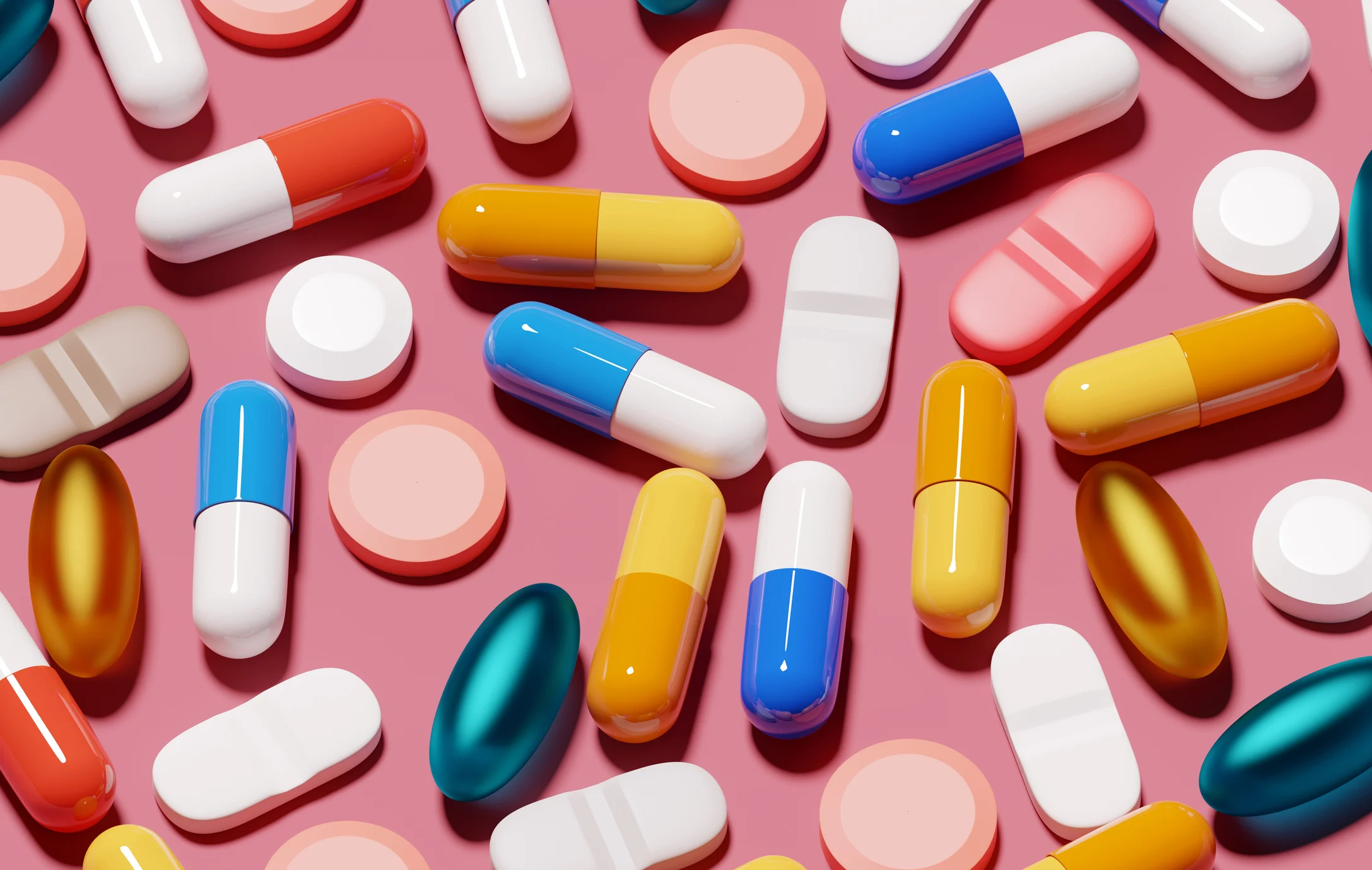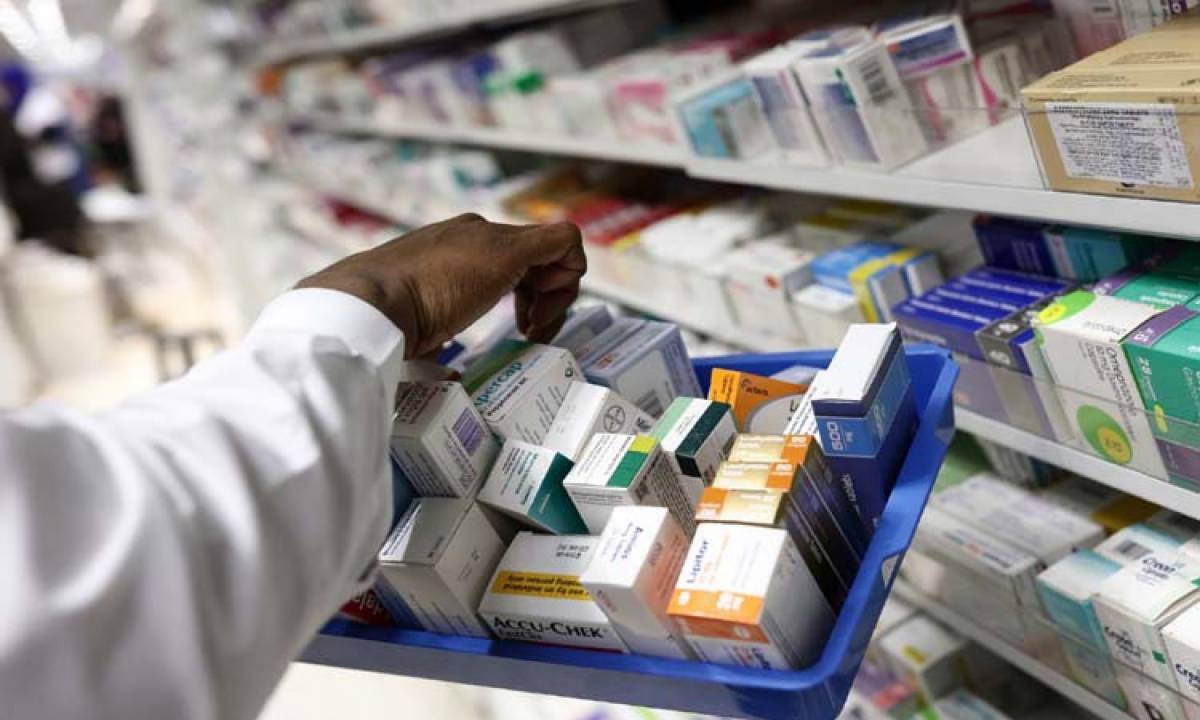On Tuesday, according to sources, the federal Cabinet approved price reductions of up to 30% on 20 essential medicines.
This decision was reached at a federal cabinet meeting in Islamabad presided over by Prime Minister Shehbaz Sharif. The Cabinet was informed that the previous administration increased drug prices by as much as 700% while in office.
Abdul Qadir Patel, minister of health, stated that his Cabinet had approved setting prices for 54 new medications to treat cancer and chronic illnesses such as cardiovascular conditions. These medicines include breast cancer treatments as well as others.
He said his primary objective was to ensure that medicines were available. “The existing government is committed to providing relief through appropriate measures,” he stated.
Government Initiatives to Make Medicines More Accessible

The federal Cabinet recently approved price reductions of essential medications by up to 30% on 20 vital drugs to increase access for people nationwide. With the reduced financial strain on those relying on them for their well-being, this administration hopes to ease patients’ financial burden while improving access to critical medicines affecting their well-being.
At a federal cabinet meeting in Islamabad, it became apparent that under the previous administration, exorbitant price hikes had occurred for certain medications – even up to 700%! These dramatic price increases harmed patients as chronic and life-threatening conditions became challenging to treat due to rising drug costs.
Prime Minister’s Commitment to Affordable Healthcare
Under Prime Minister Shehbaz Sharif’s leadership and commitment to reforms within healthcare services, Cabinet has made a decision that underscores his government’s dedication to offering affordable healthcare services for all its citizens. Through his focus on strengthening this critical sector – Prime Minister Sharif has led efforts that have brought these necessary reforms about.
As well as price reductions on existing medications, Cabinet’s approval also included pricing regulation for 54 newly introduced drugs to ensure fair pricing practices from pharmaceutical companies and avoid potential exploitation of patients in times of illness.
Health Minister Abdul Qadir Patel acknowledged new medications’ critical role in treating cancer and chronic illnesses. By controlling the prices of these drugs, the government hopes to ensure better accessibility and provide hope to thousands of cancer patients and their families.
Promoting Generic Medicines To increase access and affordability further, the government actively encourages generic drug usage. Generic drugs provide cost-effective alternatives without compromising quality or efficacy, giving patients more budget-conscious options without impacting health outcomes. This initiative gives patients more choices while still getting the health outcomes they want.
Collaboration With Pharmaceutical Industry

While implementing price cuts, the government also seeks to work closely with the pharmaceutical industry to strike a balance between fair pricing and supporting the growth of this industry. By encouraging open dialogue and cooperation among members of both sectors, the goal is for all to benefit – patients and drug manufacturers alike.
Price Reductions Will Benefit Low-Income and Vulnerable Populations
Price reductions on essential medications will immediately and positively affect low-income and vulnerable populations. Now more individuals who previously could not afford vital drugs for medical conditions can access them, leading to improved health outcomes and ultimately creating a healthier and more productive society.
Medical Tourism and Local Healthcare
As drug prices become more affordable within a country, there could be a reduction in medical tourism – when patients travel overseas in search of cheaper treatments – leading to an upswing in local healthcare industries, benefitting hospitals, doctors, and the overall healthcare infrastructure.
Ensuring Quality Control and Safety
Alongside its commitment to regulating drug prices, the government remains dedicated to upholding strict quality control and safety standards for medications available nationwide. Stringent measures will be implemented to stop counterfeit or substandard medicines from entering the market – protecting patients’ health and well-being at all costs.
Improve Healthcare Investment and Research
Increased drug affordability could spur an upsurge in investment in healthcare research in the country. Pharmaceutical companies could see more fantastic opportunities to conduct R&D on new medications that will be developed into breakthrough treatments.
Public Awareness and Education

The government will launch public awareness and education campaigns to inform citizens about revised drug prices and cost-effective options that will allow them to make more informed healthcare decisions.
Monitoring and Evaluating
To measure the success of this initiative, the government will closely evaluate it by monitoring patients, healthcare organizations and pharmaceutical industries to gauge its effect. Regular assessments will identify any required challenges or adjustments and allow for timely resolution when needed.
Pharmaceutical Export Opportunities As drug prices become more affordable domestically, and this may create opportunities for the export of pharmaceuticals to other countries. Countries can position themselves as reliable providers by upholding quality standards and offering reliable medications at reasonable costs to other nations on the global market.
Addressing Supply Chain Efficiency
The government will work towards improving supply chain efficiency to maintain a steady and cost-effective supply of medications at regulated prices. By streamlining distribution processes nationwide, shortages will be lessened while maintaining availability.
Recent Government Measures in Support of Affordable Healthcare
The recent measures taken by the government demonstrate their long-term goal of making healthcare more affordable and accessible for all citizens. Creating an enabling environment for pharmaceutical businesses and enacting regulations safeguarding patient rights pave the way towards creating a healthier and wealthier nation.
International Recognizance and Collaboration

The government’s efforts to provide affordable healthcare through drug price cuts and regulation have garnered international recognition, creating potential partnerships with other countries and international organizations to address global health challenges.
As demand for affordable medications increases, so will domestic drug production. This could empower local pharmaceutical industries, increase job opportunities, and spur economic development nationwide.
As A Model For Healthcare Reforms The government’s approach to medication affordability could serve as an example to other nations facing similar difficulties in their healthcare systems, helping all countries collaborate towards increasing global standards in healthcare delivery. Sharing experiences and best practices would encourage collaborative efforts towards raising international healthcare standards.
Building Trust in Government Healthcare Initiatives Price cuts on essential medications demonstrates the government’s dedication to meeting its promises of relief to its constituents and increasing trust and confidence among citizens in its healthcare initiatives and commitment to their wellbeing.












